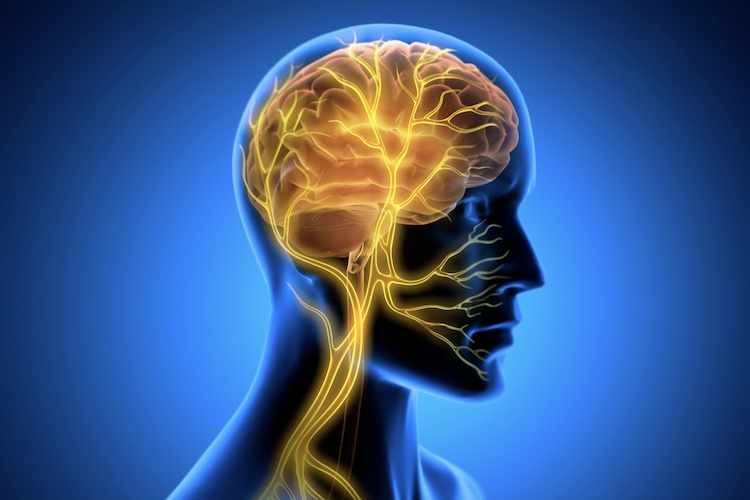The Vagus Nerve Part 2: – Why It Deserves Your Attention
Discover how the vagus nerve supports balance, immunity, and healing — and why understanding this “great nerve” matters for overall wellbeing.
Published: Oct 18th, 2025 | By: John Holman | Read Time: 3 mins

1. Picking Up Where We Left Off
In my last article, I mentioned my epiphany of starting to understand the role and function of the Vagus nerve in relation to the calming effects of massage. I had, in reality, begun to understand and comprehend the neurological implications of therapeutic massage with regard to the psychological realities experienced. It really was quite a revelation to add a scientific explanation to what I had intuitively known all along.
I thought I would add a little more detail about this fascinating nerve, and perhaps explain why you should know a little more about it.
2. What Is the Vagus Nerve, Exactly?
Vagus, from the Latin meaning “wandering,” also known as the tenth cranial nerve or abbreviated to CN X, was first described by the original physician-scientist Galen some 2,000 years ago. Galen successfully challenged the belief of the Father of Medicine, Hippocrates, that the Vagus nerve originated in the heart rather than the brain, and he was indeed correct.
The Vagus nerve exits the lowest part of the brain stem via the medulla oblongata, the part that joins the brain to the spinal cord. Describing it as a nerve is a bit of a misnomer, as the Vagus nerve comprises at least 200,000 nerves, or approximately 100,000 nerves running on either side of your neck, just behind your carotid artery.
3. From Ancient Greece to Modern Science
In the time of Galen, the nerve we now know as the Vagus nerve was also called the pneumogastric nerve, named for the path it traces to the lungs (pneumones, Greek) and belly (gaster, Greek). Galen knew that the nerve had infinitely more connections to the body’s organs and decided it needed a better and more descriptive name, so he gave it the name The Great Nerve, which is what it was called for the next 1,400 years.
4. The Vagus Nerve and Homeostasis
Modern science has revealed it to be precisely wired and finely tuned to health, particularly the immune system. Less than 20 years ago, it was discovered that the Vagus nerve influences inflammatory processes.
We know that homeostasis (balance) is the key to health, and the Vagus nerve is the key to homeostasis. Two centuries of research have revealed its crucial role in regulating and balancing bodily functions. It works around the clock, harmonising your vital systems to keep you well.
5. What Happens When Things Go Wrong?
Today, greater emphasis is being placed on understanding the imbalances that can occur in Vagus nerve health, leading to new and emerging strategies in neuroscience. Many credible scientists believe that the Vagus nerve is far more influential in our health and well-being than previously thought.
6. A New Frontier in Treatment
Vagus nerve stimulation therapies are being seriously considered as safer alternatives to drug-based approaches. Studies include the control of:
– Rheumatoid arthritis
– Inflammatory bowel diseases
– Depression
– Epilepsy
– Stroke rehabilitation
Work and research continue in other inflammatory conditions such as long COVID, MS, obesity, and hypertension.
In the final part of this feature on the Vagus nerve, I will be looking at what you can do to support your own Vagus nerve health.
Opening Hours
Mon: 1.00pm - 9.30pm
Tue: 7.00am - 6.00pm
Wed: 11.00am - 4.00pm
Thurs: 7.00am - 6.00pm
Fri: 8.30am - 9.30pm
Sat: 7.00am - 9.30pm
Sun: Closed
All appointments booked in advance, give us a call if you need to.
Contact
11 Friday Court (1st Floor)
Thame, Oxfordshire
OX9 3GA
E: hello@massagematters.clinic
L: 01844 212022
M: 07771 896398
We pick up the phone 8am-8pm Mon-Sun
Client Feedback
"A very professional set-up, lovely treatment rooms and plenty of parking."

